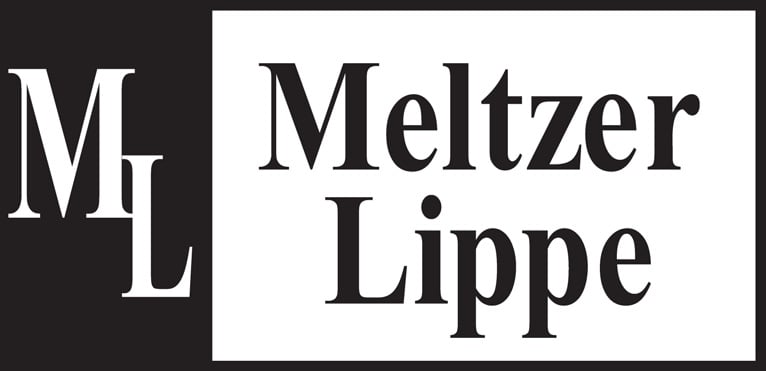Often, like other estate planners, I grapple with defining my exact role. Am I mostly a scrivener who writes down the wishes of my clients even if at times I disagree with them? Or should I be strong and opinionated as to what I feel is right and wrong with my clients’ wishes and documents and let them know exactly how I feel even if not explicitly requested by them? This issue is less prominent with the tax planning aspects of our job, which usually isn’t as personal in nature when deciding which specific techniques and structures to choose. The straightforward goal is typically to save the maximum amount of taxes. However, when it comes to document provisions, moral and ethical-based issues can arise such as whether to treat children unequally or punish a descendant with a different religious belief or political outlook.
Read more here.
